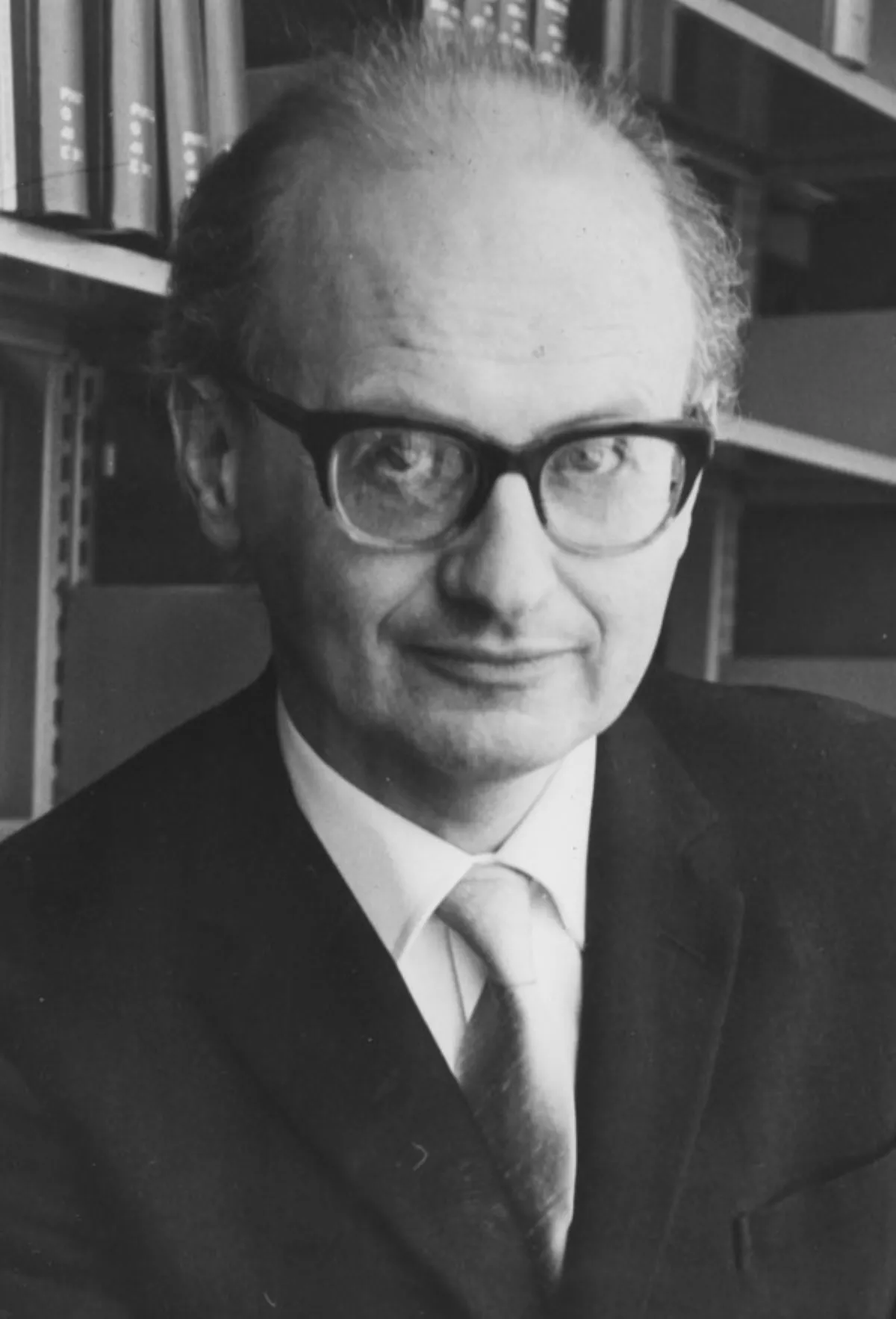 1.
1. Imre Lakatos was a Hungarian philosopher of mathematics and science, known for his thesis of the fallibility of mathematics and its "methodology of proofs and refutations" in its pre-axiomatic stages of development, and for introducing the concept of the "research programme" in his methodology of scientific research programmes.